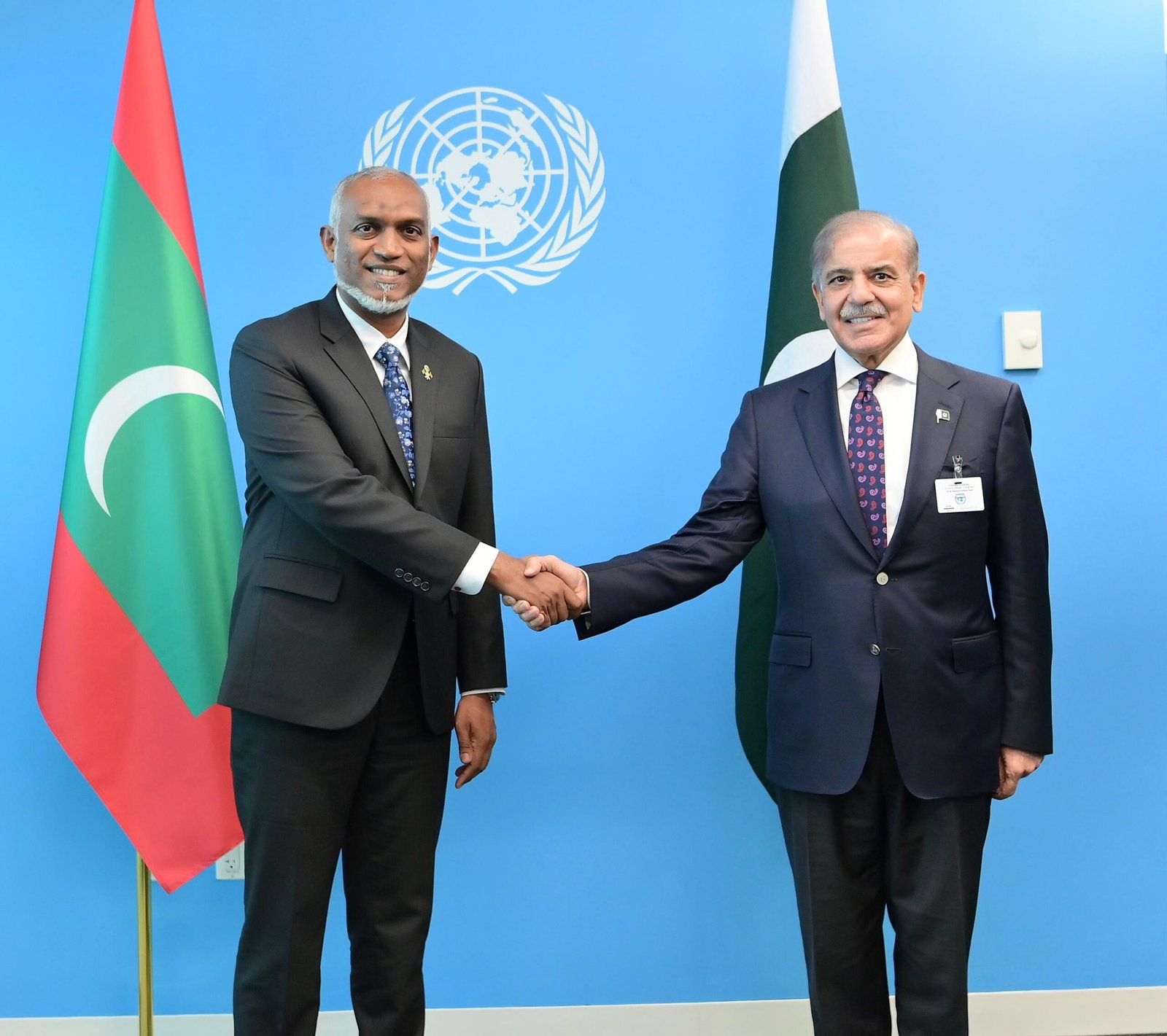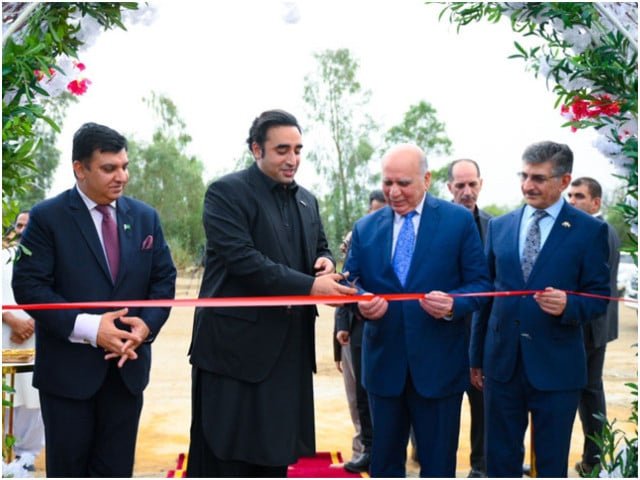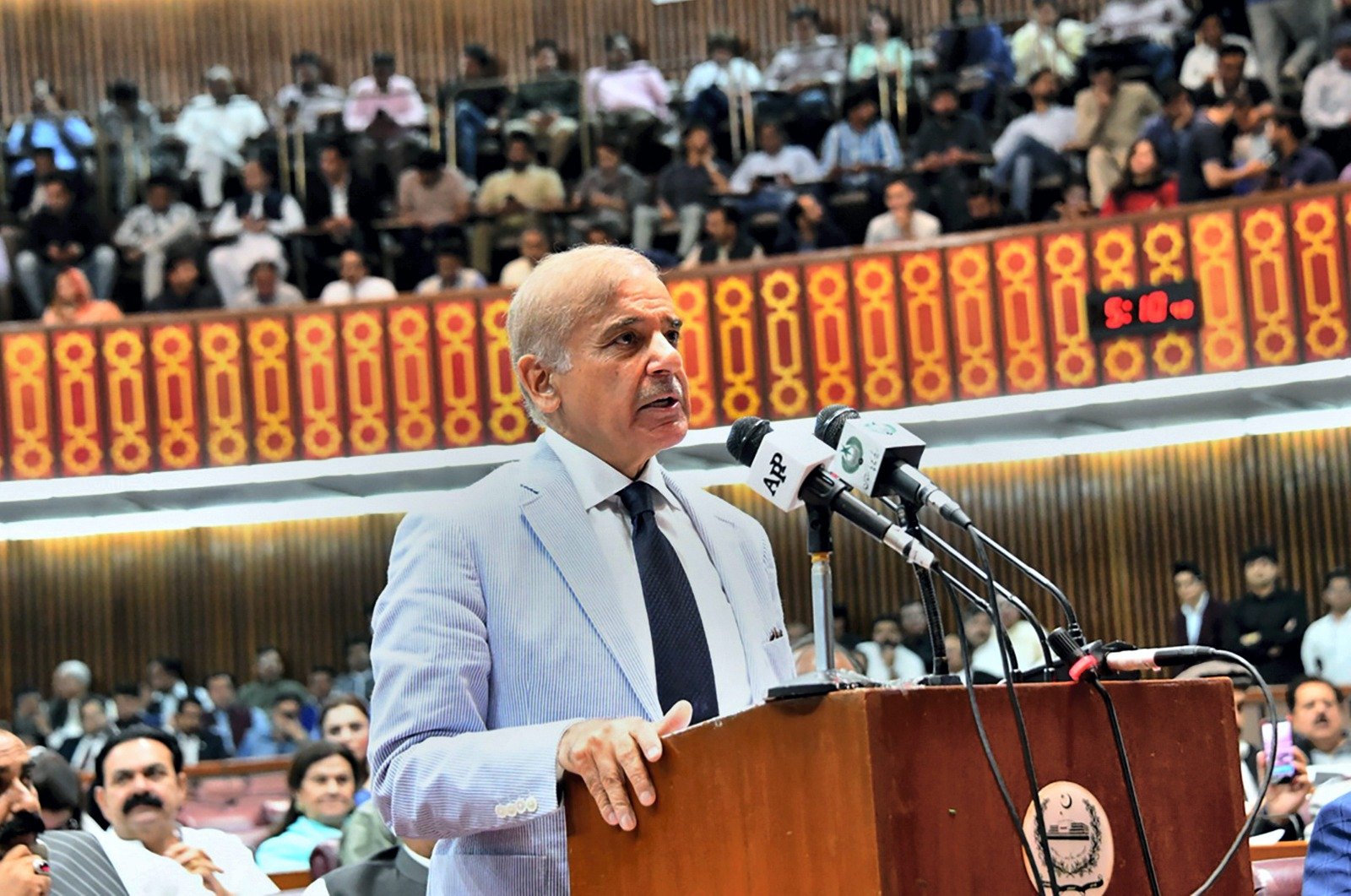PM Shehbaz Sharif Attends 79th United Nations General Assembly Session

Prime Minister Shehbaz Sharif is attending the opening session of the 79th United Nations General Assembly (UNGA), marking the start of the annual gathering of world leaders. Accompanying him are Defence Minister Khawaja Muhammad Asif, Minister for Information Attaullah Tarar, Minister for Education Khalid Maqbool Siddiqui, Special Assistant Tariq Fatemi, and Permanent Representative to the UN Munir Akram.
Key Engagements at the UNGA
PM Shehbaz will attend a reception hosted by UN Secretary-General Antonio Guterres, where he will hold informal meetings with various world leaders. On the sidelines, he met with Maldives President Dr. Muizzu, reaffirming Pakistan’s commitment to strengthening ties in trade, tourism, education, investment, and climate change. Both leaders emphasized the importance of people-to-people exchanges and collaboration for economic growth and sustainable development.
Focus on Regional Cooperation
During the meeting, PM Shehbaz and President Muizzu underscored the deep-rooted relationship between Pakistan and the Maldives. They stressed the shared responsibility of South Asian nations in fostering peace, prosperity, and stability across the region.
Pakistan’s Stand on the UN’s ‘Pact for the Future’
Defence Minister Khawaja Asif addressed the Summit of the Future, lauding the Pact for the Future, a comprehensive agreement aimed at reforming global governance and addressing challenges such as sustainable development, international peace, and technological innovation. Asif emphasized that the Pact will be effective only if global commitments are transformed into concrete actions.
Asif also highlighted that sustainable development is unattainable while global tragedies, such as the Gaza conflict, continue to unfold, implicating the role of developed nations.
Key Areas for Reform and Action
In his speech, Asif called for:
- Bridging the $4 trillion SDG (Sustainable Development Goals) financing gap.
- Fulfilling Official Development Assistance (ODA) commitments.
- Implementing the UN Secretary-General’s SDG Stimulus proposal.
- Ensuring a robust $100 billion replenishment of the International Development Association (IDA).
- Increasing lending from multilateral development banks.
- Lowering borrowing costs for developing countries.
Calls for Global Economic Equity
The defence minister advocated for global economic equity through:
- Improving representation of developing countries in international financial institutions.
- Reforming the sovereign debt architecture.
- Adopting an equitable international tax regime.
- Reforming the World Trade Organization (WTO) to favor developing countries and avoid environmental protectionism.
Artificial Intelligence and Digital Governance
Asif called for equitable data governance and stressed the importance of controlling Artificial Intelligence. He also warned against East-West fragmentation of the digital space.
Global Disarmament and the Kashmir Issue
Asif emphasized the need for a global consensus on nuclear disarmament and the resolution of old disputes, including the Jammu and Kashmir conflict. He criticized calls for increasing permanent members in the UN Security Council, arguing instead for more non-permanent members to improve representation and prevent paralysis in decision-making.
Khawaja Asif concluded by stating that only the actions of states, not non-state actors, would ensure a future of peace, progress, and prosperity for the next generation, urging that the UN Charter’s principles be upheld to secure a stable global order.










